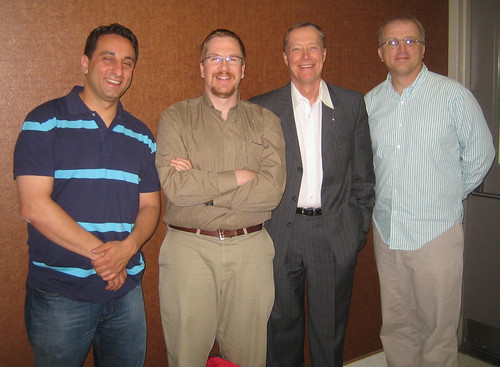If you are an exclusive Linux user, you won’t be able to fill out the Canadian Census online. Bryce Byfield, a FOSS user and advocate, has elaborated on his experience of trying to complete the Canadian Census online, and soon realized that the minimum requirements include IE on Windows, Safari on the Mac and a proprietary version of Java. There is no support for Linux, Firefox or anything open. And it’s not just the Census. It looks like most government-to-public communication systems are geared that way, and continuing toward a proprietary path. Read more.
Bryce has also posted a call to pressure government that this is unacceptable.
If you are a Canadian user of FOSS, you may want to contact — and educate — your local Member of Parliament about the situation. You might also contact the Census Help Line (1-877-594-2006), Statistics Canada (1-800-263-8863), and Public Works and Government Services Canada (1-800-622-6232) to state your concerns. If enough people do, then maybe the Canadian government will realize that all residents have the right to access online services, not just those who use the approved (proprietary) software.
I’d go on even more about how other governments around the world are moving toward open document formats and non-proprietary systems, and how the Canadian Government must certainly move toward openness … but I’ve got a phonecall to make.
Thanks to my friend and FOSS champion Peter Rock for alerting me to this story!

